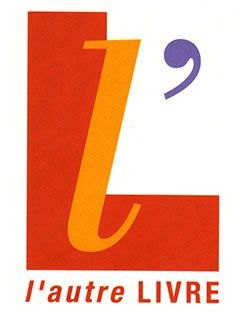Anna Maria Celli
For the two years he had been seeing her, Annette had always been adorable and did her best to please him. Like Annie, to be honest. Yet, he had a strange feeling. Because his mistress, sitting opposite him, was looking at him with an embarrassing insistence. "Life of people, life of animals, from misunderstanding to frustration, from misunderstanding to reverie, from the disease of stupidity to desperate remedies, Léon, Annie, Annette, Maurice, René, Jacky… the protagonists of Anna Maria Celli's short stories draw us into the traps that ordinary lives conceal. Inexorably, a mechanism as mediocre as it is diabolical metamorphoses into grotesque, sometimes moving puppets, characters who struggle, and are a bit like us… In vain.
The Blossoming of Peonies Poems
In Greek mythology, nymphs protected themselves from prying eyes by covering their nakedness with peonies. Flowers of modesty and shame, they were endowed with the power to heal all kinds of ailments, both physical and mental, and are still used in traditional Chinese and Japanese medicine.
Their emergence, accompanied by formidable magical rituals in Antiquity, gives its title to Anna Maria Celli's surprising collection, in which she brilliantly renews her poetic art. These suites of tercets, except for a handful of quatrains and an isolated couplet, evoke fogs of words seeking to find the echo of a lost, forgotten voice. Or islands of foam on the sand of a beach. Or graffiti traced with a razor on an empty wall that catches the eye. Sentences, riddle-like images, twists of meaning, mysterious incisions, and unexpected endings.
And then four times, a long dialogue interrupts them, questions and answers in merciless explosions between a man and a woman. Is this woman the woman of the life of the man she is confronting? Their conversations, which began in a rainy setting like a pre-war bar in black and white, are as full of enigmas as the haikus that surround them.
These are breathless flashes, where screams in close-up, like in Munch's painting, tear at the intimate fabric of the screen. Are they losing themselves, or are they replaying the dialogue of an erased past, as in Verlaine's poem? The irruption of these scenes adds to the drama that we feel playing out throughout these pages, that of a disappearance irrevocably linked to the purple bloom of the peonies.
Pierre Lepère










